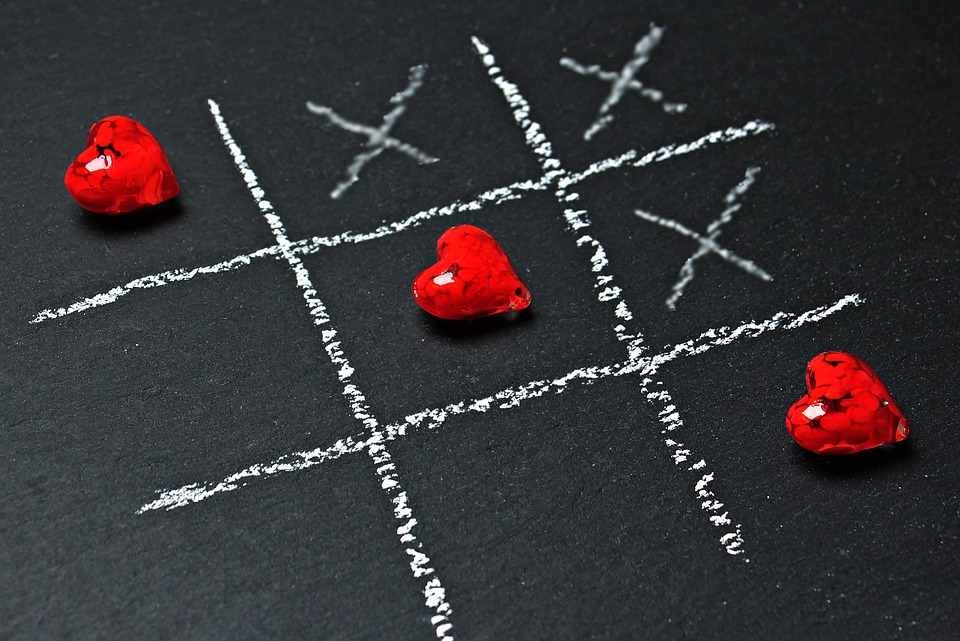“Love is like cancer… it comes without an invitation and it kills us and leaves.”
Love does not exist only in movies and novels, but it is also present in our daily lives. And, the worse thing is that sometimes you fall in love with the person you know you cannot be with or someone you know will never return your feelings.
In these situations, you will not be able to sleep, work, study or eat properly and your emotions will be way more intense than usual. Other than the person you love, you will not be able to concentrate on anything else.
Does this situation sound familiar to you? If so, then maybe lovesickness means something to you.
What Is Lovesickness?

Have you ever fallen head over heels in love with someone? Or, have you ever been the apple of someone’s eye?
Well, love is inescapable. When you are in love, even the ugliest things will appear beautiful to you. When you are in love, you will start to like the people you used to hate. There will be only one voice that will keep echoing in your ears and only one face that will keep coming in front of you every time. This is the real meaning of love and it can be really wonderful – but only when all goes well, that is.
However, what happens when your romance is following a rockier path? For instance, let’s say you haven’t summoned the courage to confess your love yet, or even if you did, it was only to face rejection. And, this is when Cupid’s arrow hits you where it hurts the most (you know where) and it results in negative feelings.
Love might have made you feel as if you were walking on air and you just couldn’t stop grinning all the time, but it can also make you feel hopeless, miserable and downright depressed. It can destabilize you and can impact on your mental and physical wellness. And, this is why being lovesick can feel exactly the same way as when you are ill.
History of Lovesickness

“Lovesickness is fearsome, sometimes fatal.”
– Mary Wack, author of Lovesickness in the Middle Ages: The “Viaticum” and Its Commentaries
You will be surprised to learn that back in the Middle Ages, physicians considered lovesickness as a medical condition (some even considered it to be caused by sexual desire or by the sight of beauty). At that time, romantic love was believed to result in emotions or sensations like depression or anxiety. And, it was also believed that there is a connection between love and physical affliction as, according to medieval medicine, the body and soul were closely related.
For example, Aretaeus of Cappadocia, an ancient Greek physician, claimed that “Lovesickness is a depressive phase that some individuals can experience from lack of love” while Caelius Aurelianus, a Roman physician, believed that “lovesickness can cause symptoms such as stress, anxiety, insomnia, depression, and feelings of unhappiness.”
Another medical concept on lovesickness was based on the doctrine of four bodily humors: blood, phlegm, black bile and yellow bile. As per this theory, in a healthy person, these four humors are supposed to be perfectly balanced and an illness, that is lovesickness can only be caused when there is a disturbance to this balance.
Constantine the African, an 11th-century physician and monk, explained the connection between an excess of the black bile of melancholy in the body and lovesickness:
“The love that is also called ‘eros’ is a disease touching the brain … Sometimes the cause of this love is an intense natural need to expel a great excess of humors… this illness causes thoughts and worries as the afflicted person seeks to find and possess what they desire.”
And, you want to know what medieval people used to think if lovesickness is left untreated? It could lead to death, eternal damnation (of course, there had to be the religious side) or you could end up losing your genitals. Oh, come on, I mean, I know that you can lose your sanity in love, but your genitals?
Tales of Lovesickness
 With all these medical theories about lovesickness, no wonder it is often used in medieval literature and poetry.
With all these medical theories about lovesickness, no wonder it is often used in medieval literature and poetry.
- In Chaucer’s The Book of the Duchess, the Black Knight became sick with mourning over his lost beloved:
“This ys my peyne wythoute red (remedy), - Alway deynge and be not ded.”
- In Marie de France’s Les Deus Amanz, a man dies of infinite pain and exhaustion when attempting to win the hand of his beloved.
- In John Gower’s Confessio Amantis, a melancholic lover cries out to Venus and Cupid that he is so sick with love that he wishes death to come and take him.
In the Modern Century

In the medical and psychological fields, several studies were conducted to find out the impact of lovesickness on the body and mind. And, as per many health experts, lovesickness can indeed have several negative impacts on an individual’s health and should be taken more seriously as a legitimate diagnosis.
For instance, Prof Alex Gardner, a clinical psychologist in Glasgow and also a member of the British Psychological Society, claimed that “Lovesickness can lead to an extreme state of physical exhaustion in some people. It can get them into a state of despair and hopelessness. And, in modern-day terms, the symptoms can include mania, such as an elevated mood and inflated self-esteem, or depression, revealing itself as tearfulness and insomnia.”
Whether you are going through a break-up or a rejection, let me reassure you with this quote:
“Somewhere, someone has been made for you… and someday, you will definitely meet him/her.”
– Bollywood movie Dil To Pagal Hai


